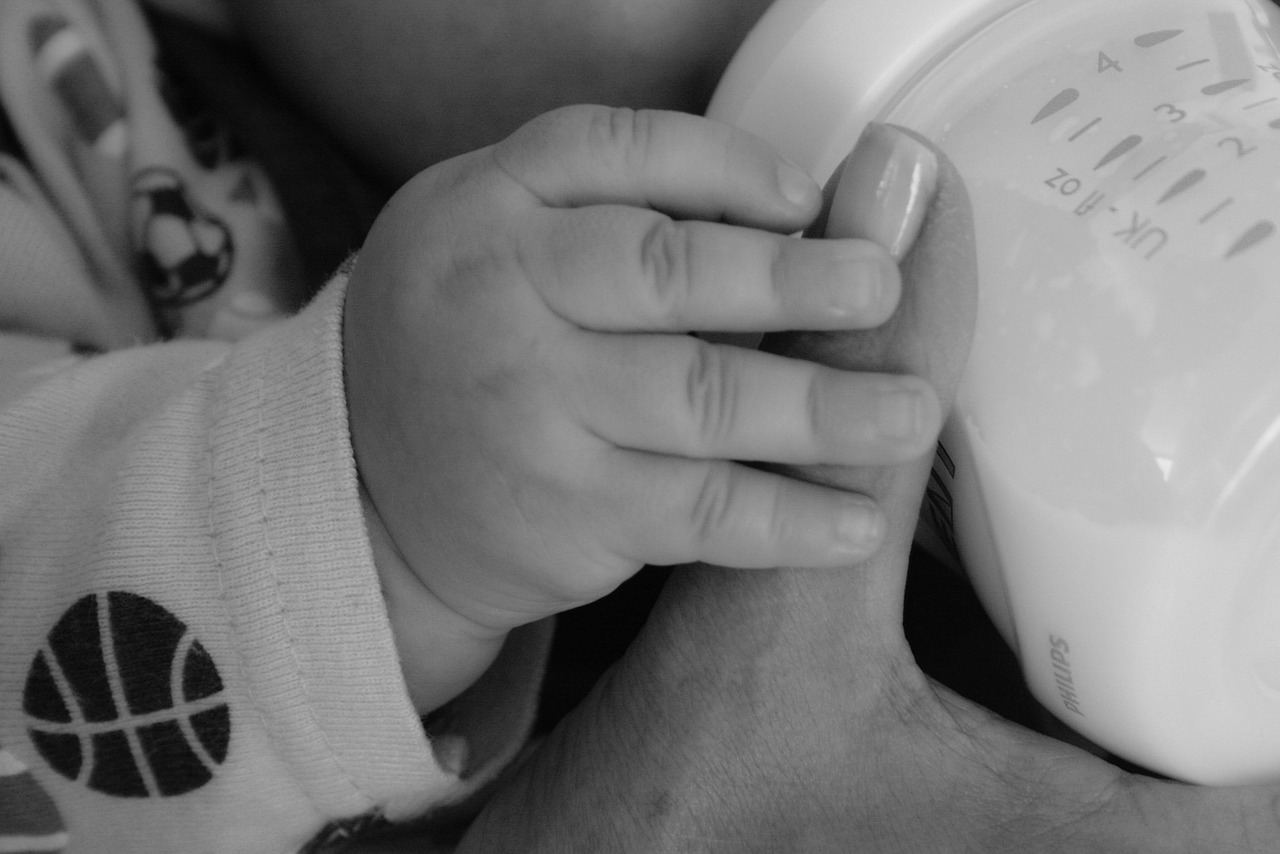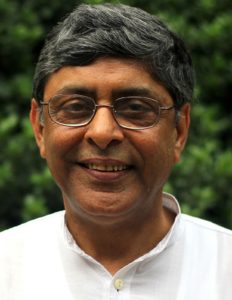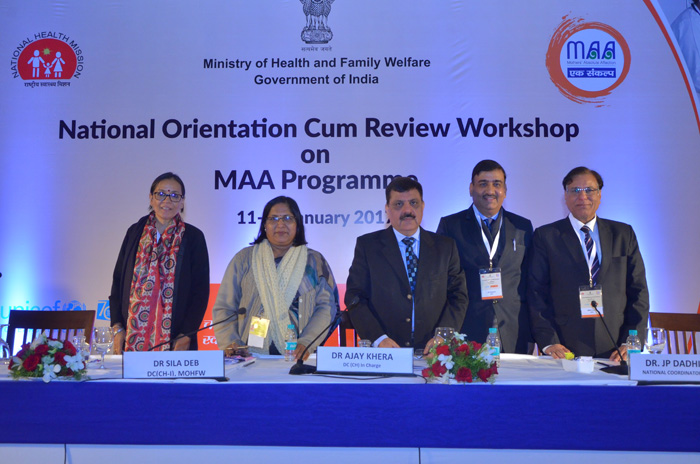
India Falters On Breastfeeding
- News
- 1.5K
About 15 million babies out of 26 million born every year in India are not able to get the benefit of mother’s milk within one hour of their birth despite 80% of them being born in health facilities, according to a new breastfeeding assessment report released on Tuesday.
India ranks 78 out of 97 nations when it comes to breastfeeding support services, says the report titled “Arrested Development” compiled by a consortium of public health groups and agencies including government departments, All India Institute of Medical Sciences and UNICEF under the aegis of World Breastfeeding Trends Initiative and the Breastfeeding Promotion Network of India (BPNI)
The report scores India on various indicators for breastfeeding promotion. India has scored 45 out of 100 points on policy and programmes relating to breastfeeding promotion. This is just one point higher than what it scored in 2015.
The indicators covered include
- National policy, programmes, and coordination,
- Baby-friendly care and baby-friendly hospital initiatives,
- Implementation of the international code of marketing of breastmilk substitutes
- Maternity protection
- Health and nutrition care system
- Mother support and community outreach
- Information support
- Infant feeding and HIV
- Infant and young child feeding during emergencies
- Mechanism of monitoring and evaluation system
“Countries like Afghanistan, Bangladesh, and Sri Lanka are making remarkable progress on policy scores and have increased breastfeeding rates. Bangladesh, with a population of 16 crores allocated 13 million dollars for a 5-year plan for infant and young child feeding recently. India is lagging behind on most of the indicators,” pointed out Dr. Arun Gupta, central coordinator of BPNI.

Dr. Sila Deb, deputy commissioner, child health at the Ministry of Health and Family Welfare, said “we have gone through the report and working closely in coordination with the agencies which are part of this assessment. The ministry has also launched an exclusive programme on breastfeeding called ‘Mother’s Absolute Affection’ (MAA) that for the first time has made an allocation of Rs 4.5 lakh per district to promote breastfeeding.”

The report also pointed out that the need for assistance to women in removing barriers they face to optimally feed their babies. Dr. Vandana Prasad, national convener, Public Health Resource Network, said that major food brands and companies have stepped up their marketing and are aggressively promoting formula foods.
Complimentary food should not be encouraged by doctors or health professionals with this their proper regulation is also equally important, she added. (India Science Wire)
By Jyoti Singh
If you liked this article, then please subscribe to our YouTube Channel for the latest Science and Tech news. You can also find us on Twitter and Facebook.


